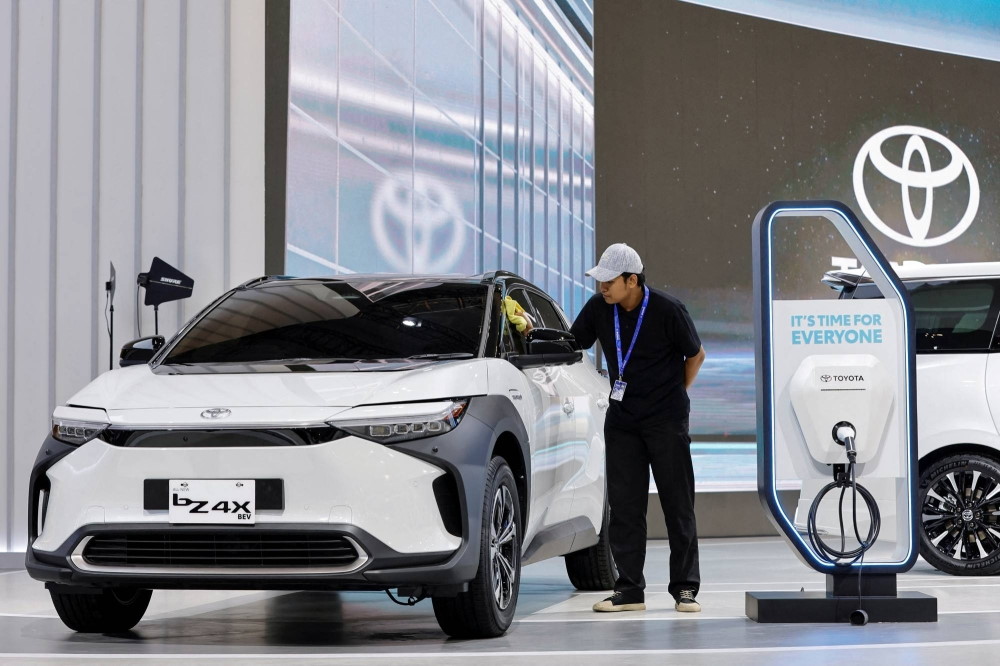- Admin
- Jul 21, 2024
- Buying Guides
- Read: Small Medium Large
Japanese Automakers Face Challenges Amid Rapid Growth of Chinese EV Market
Introduction
The automotive industry is undergoing a significant transformation with the rapid development of electric vehicles (EVs). While Japanese car manufacturers have long been leaders in the global automotive market, they are now facing intense competition from Chinese EV makers. This article explores the challenges Japanese automakers are encountering and the strategies they are employing to stay competitive.

The Rise of Chinese EV Makers
China has emerged as a powerhouse in the EV market, driven by strong government support, technological advancements, and a growing consumer base. Chinese companies like BYD, NIO, and Xpeng have made significant strides in EV technology, offering innovative and affordable electric cars that appeal to a wide range of consumers¹.
Japanese Automakers' Struggles
Japanese car manufacturers, including Toyota, Honda, and Nissan, have been slow to adopt EV technology compared to their Chinese counterparts. This delay has resulted in a decline in market share in China, where local EV makers are rapidly gaining ground. For instance, Nissan's sales in China fell by 45.8% in the first quarter of 2023, while Honda and Mazda experienced declines of 38.2% and 66.5%, respectively.

Factors Contributing to the Decline
Several factors have contributed to the struggles of Japanese automakers in the Chinese market:
1. Technological Lag: Japanese companies have been slower to develop and integrate advanced EV technologies, such as battery management systems and autonomous driving features, compared to Chinese manufacturers.
2. Market Misreading: The COVID-19 pandemic disrupted global supply chains and delayed the acquisition of market intelligence, leading Japanese automakers to underestimate the rapid growth of the EV market in China.
3. Price Competition: Chinese EV makers have been able to offer competitively priced vehicles, making them more attractive to cost-conscious consumers. This price advantage has been a significant factor in their market success.
Strategic Responses
In response to these challenges, Japanese automakers are implementing several strategies to regain their competitive edge:
1. Increased Investment in EV Technology: Companies like Toyota and Honda are ramping up their investment in EV research and development to close the technological gap with Chinese manufacturers.
2. Partnerships and Alliances: Japanese automakers are forming strategic partnerships with technology firms and other automakers to accelerate the development of EV technologies and expand their market presence.
3. Focus on Quality and Reliability: Leveraging their reputation for quality and reliability, Japanese car manufacturers are emphasizing these attributes in their EV offerings to differentiate themselves from Chinese competitors.
Conclusion
The rapid development of the Chinese EV market presents both challenges and opportunities for Japanese automakers. While they have been slow to adapt, their renewed focus on innovation, strategic partnerships, and leveraging their strengths in quality and reliability may help them navigate this competitive landscape. The coming years will be crucial as they strive to reclaim their position in the global automotive market.





